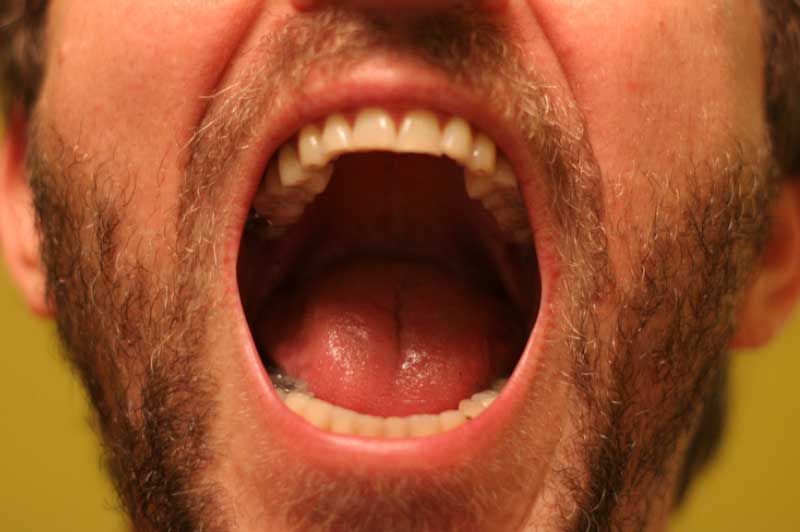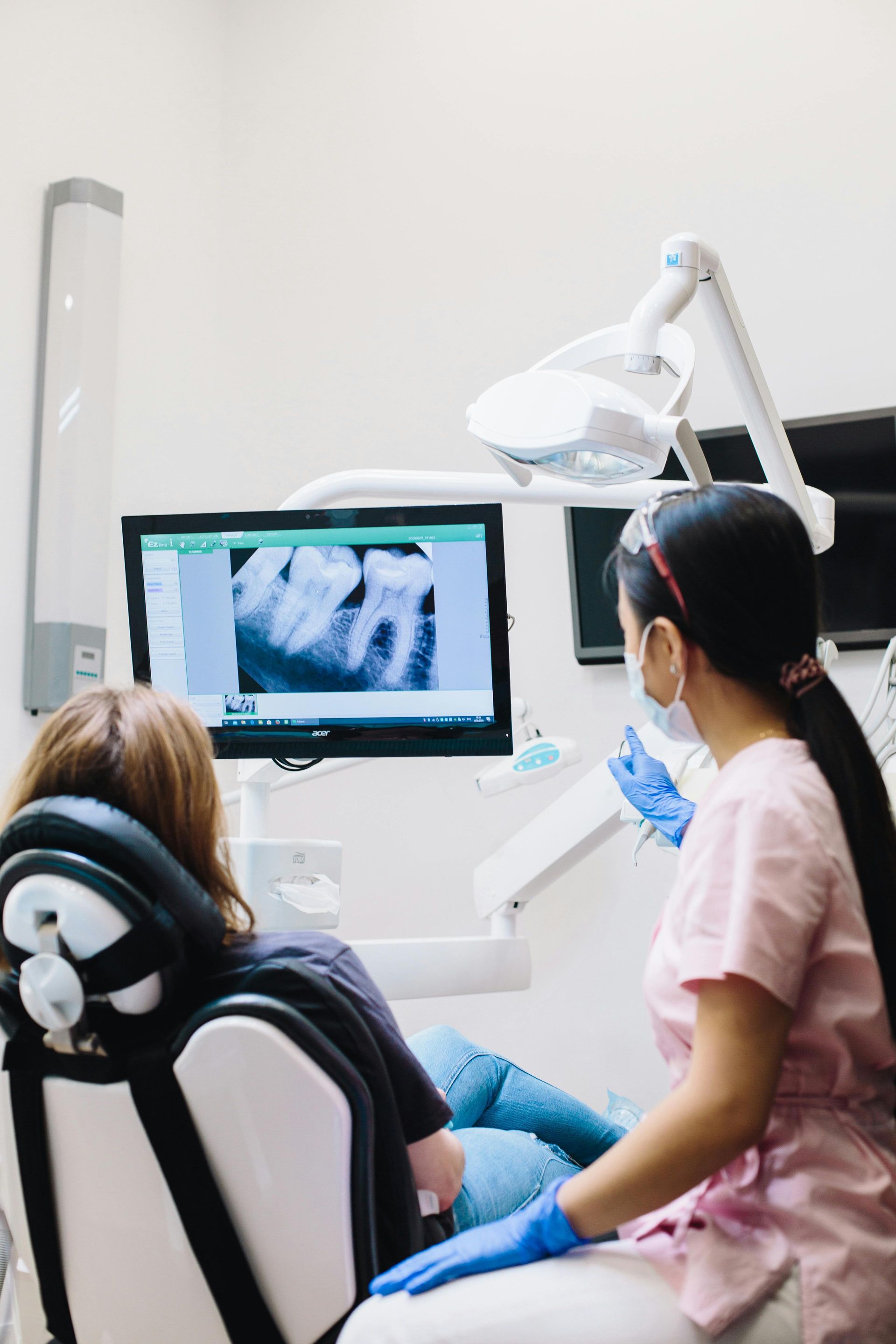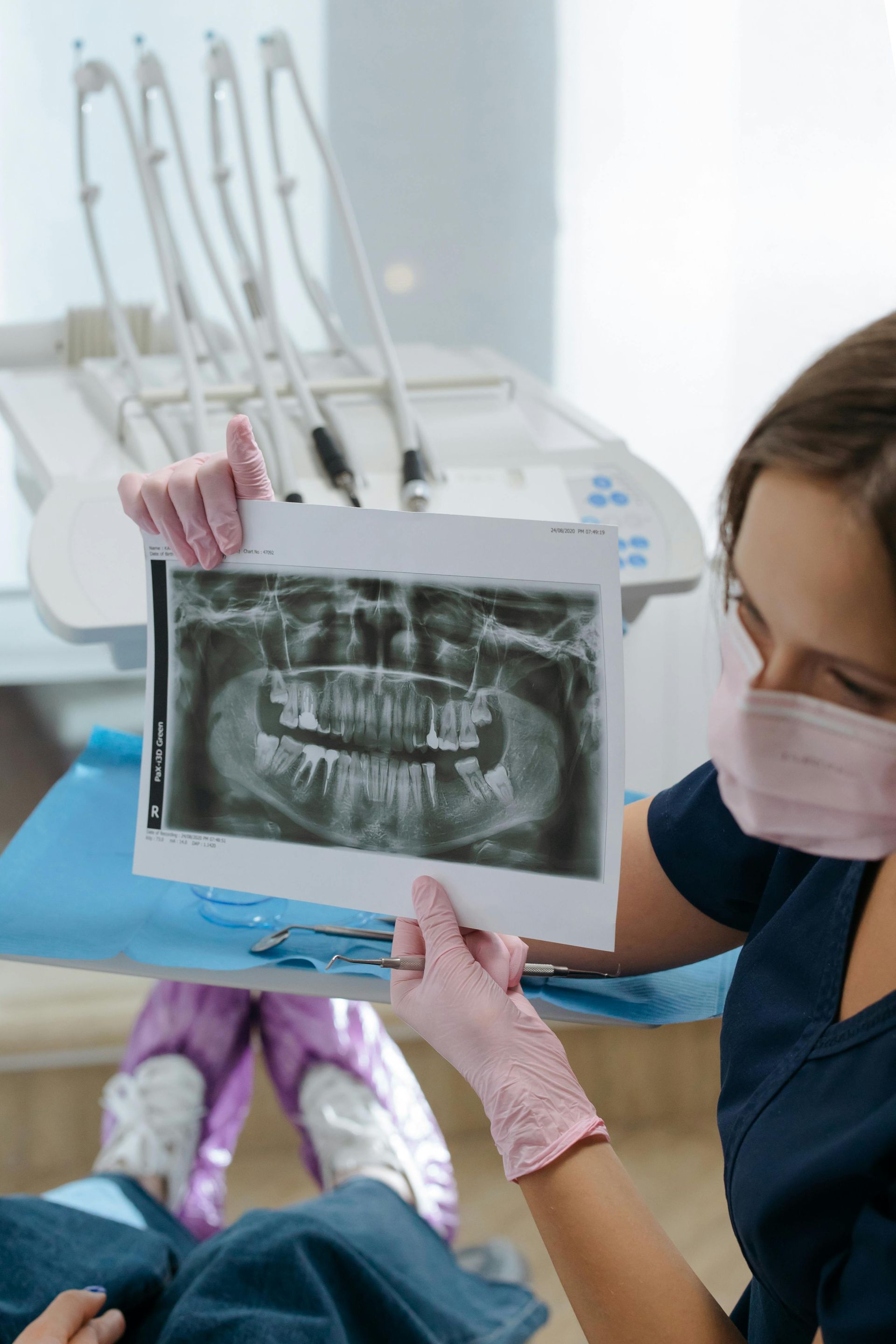I Thought My Tooth Wasn't Supposed To Hurt After A Root Canal!!
Have you ever experienced or know someone who has experienced a root canal to relieve pain and after the procedure is done the pain is just as bad or worse?

While this is not the norm, it can happen occasionally. Usually a patient will come to see us with moderate to severe pain and we diagnose a dying or infected nerve inside a tooth. For a tooth to need nerve treatment, commonly referred to as a root canal, one of the following is almost always present:
- Deep decay that has gone into or close to the pulp of the tooth which is the live tissue inside a tooth filled with blood vessels and a nerve.
- Trauma that has affected the tooth even though the tooth was not broken
- Fracture from trauma exposing the inside of the tooth
- An existing deep filling or crown was placed very close to the nerve of the tooth due to the extent of the decay present at the time
- Resorption ( dissolving) of the inside of the tooth due to many reasons
- Older age may compromise blood flow to the tooth and subsequently, the nerve will die
Root canals are needed in all of the these examples cited above.. Eliminating pain is the goal and it is achieved 95% of the time. The sick nerve is removed, the tooth is disinfected and a pure material is placed in the canal replacing the nerve and causing healing. But why does the tooth still sometimes hurt after the work is done? There are many reasons, some are quite technical, but overall the main reasons are:
- The tooth was treated with formaldehyde or the material placed had lead in it. This is typically seen with dentists who use a cheaper and quicker fill process. Our office and the specialists we refer to use only the most advanced and certified materials.
- The nerve was not completely removed from the inside of the tooth. If the process is done correctly this does not happen.
- There are tiny fibers that hold the tooth into the bone. Sometimes these get irritated during treatment and it is like a tooth "bruise". They may stay sore for a while, but the inflammation and any associated pain usually settles down in a few days.
- The top of the tooth will have a small temporary placed to fill the hole where the root canal was accessed. If this temporary material is not trimmed enough you can hit the tooth a little early when you close. It does not take much to make the tooth sore. It is easily fixed by smoothing the temp a bit more so the bite is fine.
- Sometimes the infection from the dead nerve is very stubborn. Antibiotics might be needed to help the body deal with the infection and the resulting pain.
- A root fracture is possible either before treatment was done or very rarely during treatment. This must be evaluated after the root canal is done and sometimes, again rarely, the tooth must be removed if the pain does not go away with other conservative treatment.
These are a few reasons why a root canal can still bother someone after it is done. But root canal treatment is 98% effective and when done properly it is almost painless and relatively fast and does indeed take away the pain! The tooth will always need a crown to protect it with the exception of a front tooth with no fillings in it or fracture lines. It is good to know that the treated tooth will last for many many years.
photo by SuperFantastic
Subscribe to Dr. Annie's newsletter
Thanks for subscribing! You're now part of our community, and we're excited to share some advice, recommendations, and information with you. Stay tuned for great things ahead!
Please try again later.
Latest Articles




